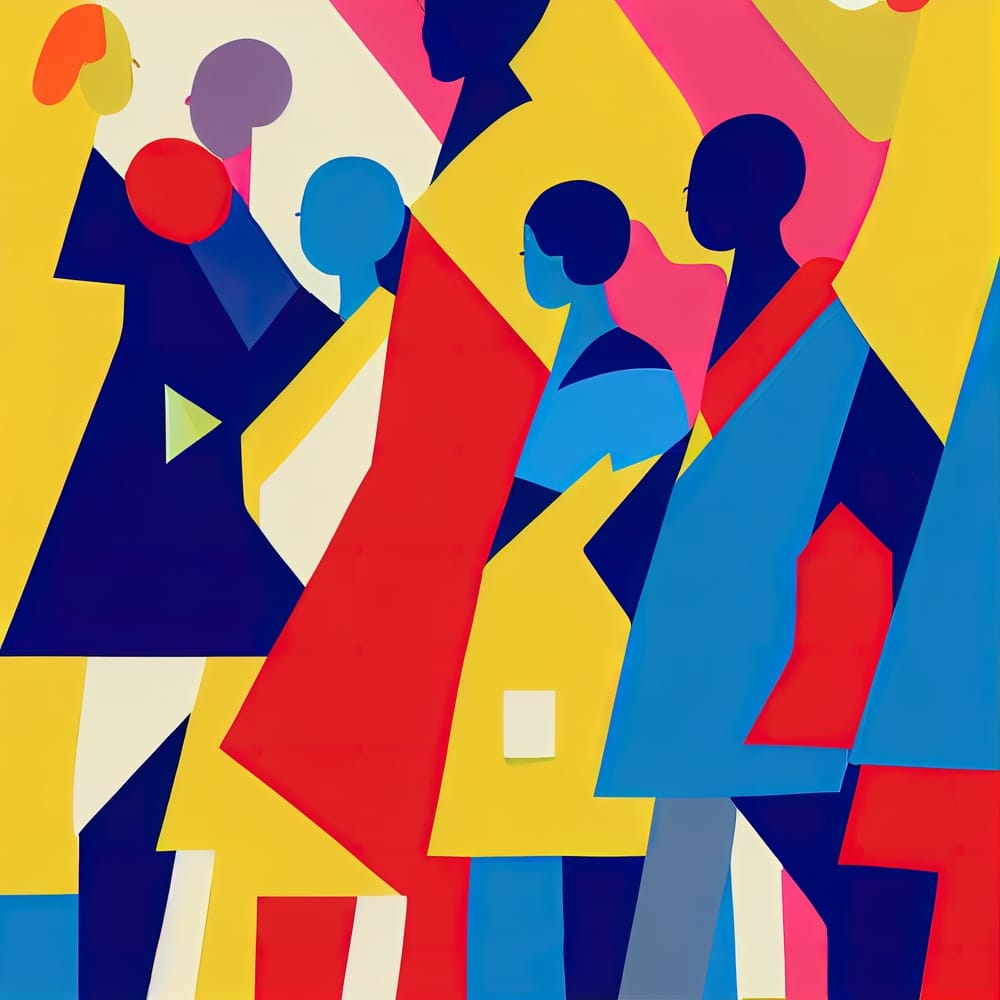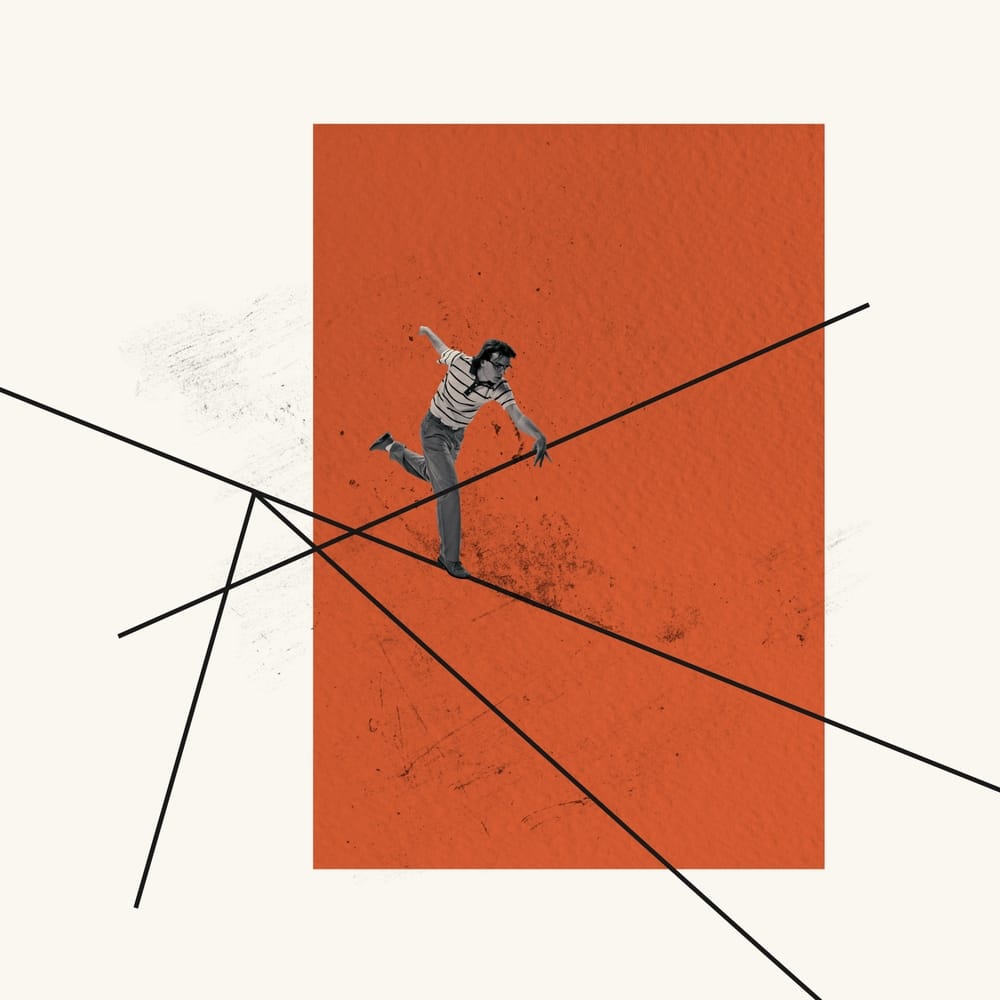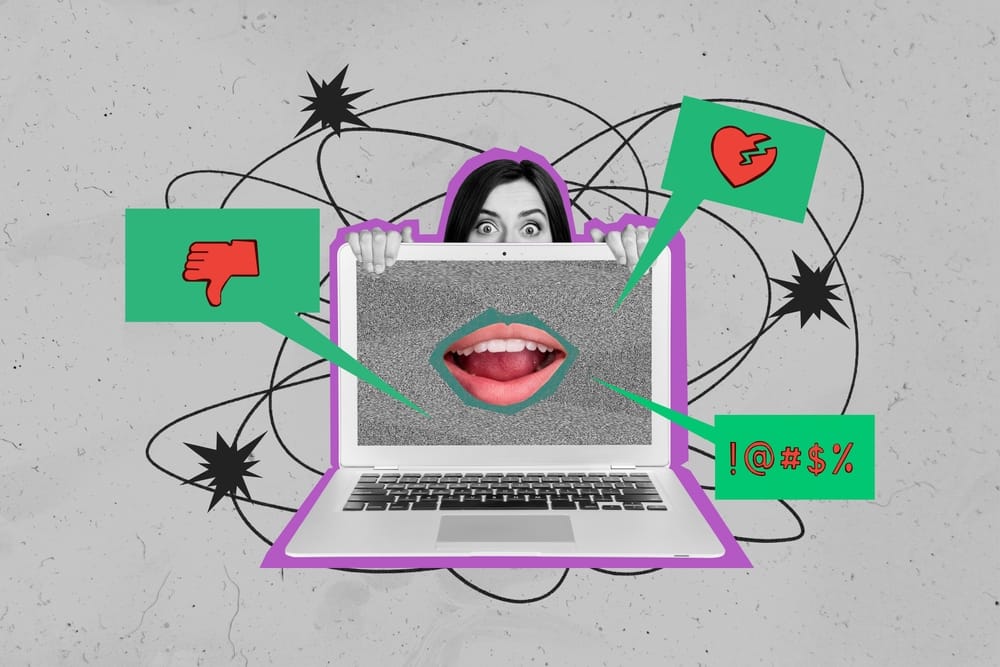
The map that could save lives
Bridging the gap in peer and whānau support
Across Aotearoa, peer and whānau support services are quietly transforming lives. Every day, people with lived experience of mental distress, addiction, or supporting loved ones walk alongside others on their recovery journey. These services are proven to bring hope, reduce isolation, and build resilience.
And yet — they are often invisible. For tāngata whai ora, it can feel like a maze: “Where do I go? What’s available near me? Who will understand my journey?” For kaimahi, the challenge is just as real: “How do I guide someone quickly to the right service, when I may not even know what exists in their community?”
That gap — between support available and support found — can be life-altering.
Enter the National Addictions Lived Experience and Whānau Forum (NALEWF). This year, they are building a first-of-its-kind nationwide directory of peer and whānau support services and Mutual Aid groups. A tool designed to bridge the visibility gap, and to make sure that no one in Aotearoa misses out on the peer connection they need.
“This project is about showcasing the incredible mahi happening across Aotearoa, and making sure that support is not just available, but findable.”
A first-of-its-kind directory
The directory is more than a list — it’s a living map of Aotearoa’s peer and whānau support movement. It will:
- Connect services nationwide, making local and regional support easier to locate.
- Help kaimahi guide tāngata whai ora towards the support that best fits their needs.
- Shine a light on Mutual Aid and Recovery groups, often the lifeblood of grassroots recovery.
- Build visibility for peer and whānau roles, strengthening their recognition across the health sector.
All entries are reviewed by a peer focus group, ensuring the directory reflects authentic voices and experiences. The first edition will launch later this year, beginning with peer and whānau services and Mutual Aid groups. Future editions will expand to include roles like consumer advisors.
“It’s about strengthening our workforce, making our services more visible, and recognising the essential role peer support and whānau spaces play in recovery.”
Why it matters
The evidence is clear: peer and whānau support saves lives. Research shows that when people connect with others who understand their journey, they are more likely to engage in recovery and less likely to relapse. Yet, without visibility, these supports remain under-utilised and under-valued.
For funders and policy leaders, this project provides something rare — a bird’s-eye view of the lived experience landscape. For clinicians, it’s a tool to strengthen care pathways and make warm handovers into community support seamless. For those with lived experience, it’s a recognition that their role is vital, visible, and valued.
“We know the support is out there — but unless it’s easy to find, people can still miss out. This directory changes that.”
A call to action
This is your chance to make sure the voices of peer and whānau support are seen, heard, and counted.
Submissions for inclusion in the first edition close at 5pm, Monday 27 October 2025. After that, the map is locked until the next update. If your service isn’t on it, people in your community may never know you exist.
By stepping forward, you’re not just adding your name to a list. You’re:
- Ensuring people in crisis can actually find you.
- Helping clinicians and funders recognise the scale and impact of our workforce.
- Making a collective statement that peer and whānau support is essential, visible, and here to stay.
Don’t miss out — add your service now: Link to form
Looking ahead
This project is the first step in a much larger vision. NALEWF believes that mapping and connecting Aotearoa’s peer and whānau workforce will transform how services are seen, accessed, and funded.
It’s not just a directory. It’s a signal that peer and whānau support is central to recovery, that Mutual Aid groups are recognised, and that lived experience leadership is no longer on the margins but at the heart of our system.
Together, this is about building a network strong enough to hold everyone who seeks support — and visible enough so no one is left searching in the dark.


